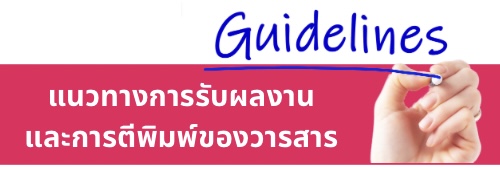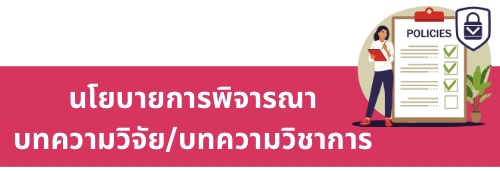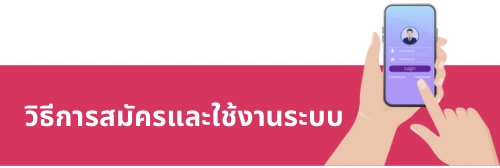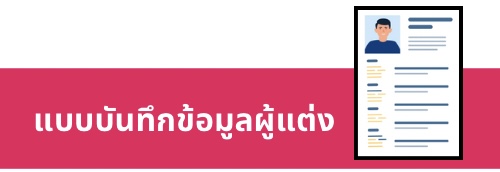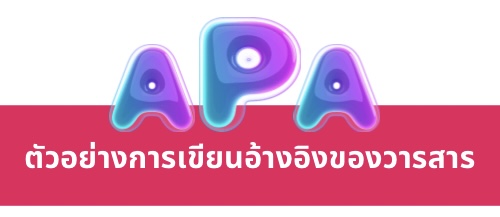สมรรถนะทางเทคโนโลยีสารสนเทศและการสื่อสารในศตวรรษที่ 21 ของนักศึกษาพยาบาล วิทยาลัยพยาบาลตำรวจ
คำสำคัญ:
สมรรถนะ, เทคโนโลยีสารสนเทศและการสื่อสาร, ศตวรรษที่ 21, นักศึกษาพยาบาลบทคัดย่อ
การวิจัยเชิงสำรวจนี้มีวัตถุประสงค์ เพื่อศึกษาสมรรถนะทางเทคโนโลยีสารสนเทศและการสื่อสารในศตวรรษที่ 21 ของนักศึกษาพยาบาล ประชากร คือ นักศึกษาพยาบาลตำรวจ ปีการศึกษา 2564 ชั้นปีที่ 1 - 4 จำนวน 274 คน เครื่องมือที่ใช้ในการวิจัย คือ แบบสอบถามสมรรถนะทางเทคโนโลยีสารสนเทศและการสื่อสารในศตวรรษที่ 21 มีค่าดัชนีความตรงเชิงเนื้อหาเท่ากับ .67 - 1.00 ค่าสัมประสิทธิ์ความเที่ยงของแบบสอบถามเท่ากับ .90 เก็บรวบรวบข้อมูลโดยใช้ Google Form วิเคราะห์ข้อมูลโดยใช้สถิติเชิงพรรณนา ได้แก่ ความถี่ ร้อยละ ค่าเฉลี่ย และส่วนเบี่ยงเบนมาตรฐาน
ผลการวิจัยพบว่า นักศึกษาพยาบาลตำรวจส่วนใหญ่เป็นเพศหญิง ร้อยละ 95.99 มีอายุระหว่าง 17 - 22 ปี เกรดเฉลี่ยสะสม 2.50 - 3.54 นักศึกษาพยาบาลตำรวจมีค่าเฉลี่ยสมรรถนะทางเทคโนโลยีสารสนเทศและการสื่อสารในศตวรรษที่ 21 ทั้ง 3 ด้าน อยู่ในระดับค่อนข้างสูง และด้านที่มีค่าเฉลี่ยมากที่สุด คือ ด้านเจตคติ (M = 4.29, SD = .57) รองลงมา คือ ด้านทักษะ (M = 4.26, SD = .59) และน้อยที่สุด คือ ด้านความรู้ (M = 4.18, SD = .59)
Downloads
เอกสารอ้างอิง
Best, J. W., & Kahn, J. V. (2016). Research in education. India: Pearson Education.
Cetin, S. (2017). The attitude determination scale for value acquisition: A validity and reliability study. Journal of Education and Practice, 8(12), 15-21.
Duangloy, M. (2015). Factors affecting English reading problem of students in Rajamangala University of Technology Krungthep. Journal of Technology Education Rajamangala University of Technology Thanyaburi, 3(1), 153-167.
Lasuwong, K. (1995). Educational Psychology. Bangkok: Srinakharinwirot University Prasarnmit Book Center.
Posakanon, K. (2017). Information and communication in education competencies framework for undergraduate students in faculty of education institute of physical education (Master's degree of educational technology). Silpakorn University, Bangkok.
Ministry of Communication and Technology. (2017). Communication and Technology plan 2017-2036. The agricultural co-operative of Thailand.
Ministry of Digital Economy and Society, (2018). Thailand digital economy and society development plan. The Digital of Thailand.
Ministry of Education. (2017). Ministry of education announcement subject: Bachelor's degree qualification standards nursing field, B.E. 2560. Retrieved from https://www.ubu.ac.th/web/files_up/46f2018011909463762.pdf
Nirattisai, S. (2018). Attitudes, motivation, and english. learning behavior of Phuket Rajabhat University students. Humanity and Social Science Journal, Ubon Ratchathani University, 9(2), 138-170.
Phalasri, A., Khakkunmalee, R., Maneesi, S., & Lalun, A. (2021). The relationship between literacy and acceptance of information technology and the information technology use behaviors in the nursing practices of nursing students. Journal of Health and Nursing Education, 27(1), 43-57.
Radabutr, M., Saard, S., Milintangkul, S., & Pileuk, S. (2011). Competency in using information technology of nursing college students under the Praboromarajchanok institute ministry of public health. Academic Services Journal, 22(1), 109-116.
Thailand Nursing and Midwifery Council. (2018). Core competencies of graduates with bachelor's, master's, doctoral degrees in nursing advanced nursing training course at the diploma level and obtaining a certificate/certificate showing specialized knowledge in nursing and midwifery. The nursing specialized in nursing science. Retrieved from https://www.tnmc.or.th/
Warshawski, S., Itzhaki, M., & Barnoy, S. (2019). Nurse and nurse student attitudes and perceived self-efficacy in use of information and communication technologies: Professional and cultural differences. CIN: Computers, Informatics, Nursing, 37(1), 20-28.
Weissblueth, E., Nissim, Y., & Amar, S. (2014). Educating for the future: A structured course to train teachers for the 21st century. Creative Education, 5(11), 166-178. https://doi.org/10.4236/ce.2014.511103

ดาวน์โหลด
เผยแพร่แล้ว
รูปแบบการอ้างอิง
ฉบับ
ประเภทบทความ
สัญญาอนุญาต
ลิขสิทธิ์ (c) 2023 วารสารพยาบาลตำรวจ

อนุญาตภายใต้เงื่อนไข Creative Commons Attribution-NonCommercial-NoDerivatives 4.0 International License.
ผลงานที่ได้ตีพิมพ์แล้วจะเป็นลิขสิทธิ์ของวารสารพยาบาลตำรวจ

